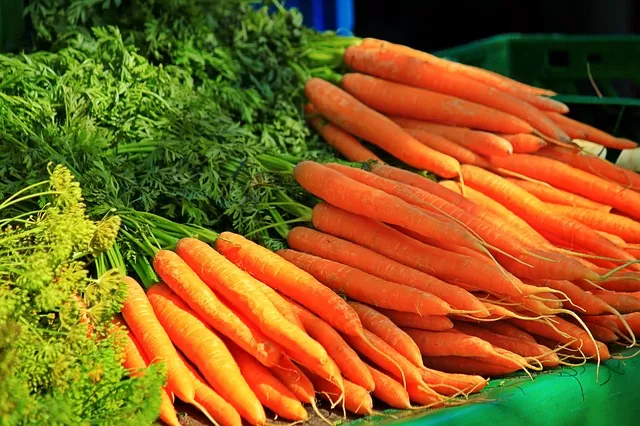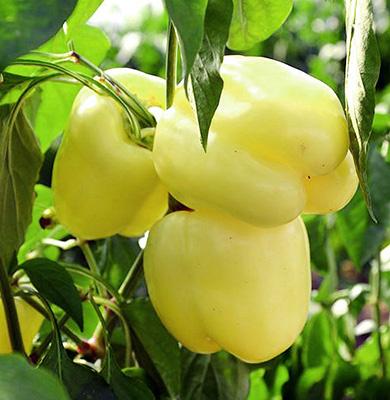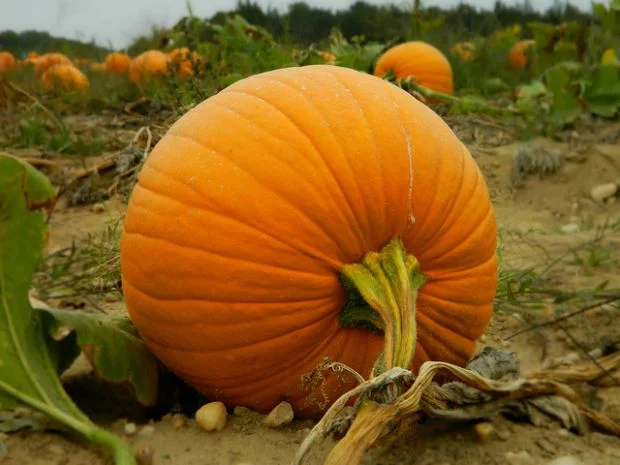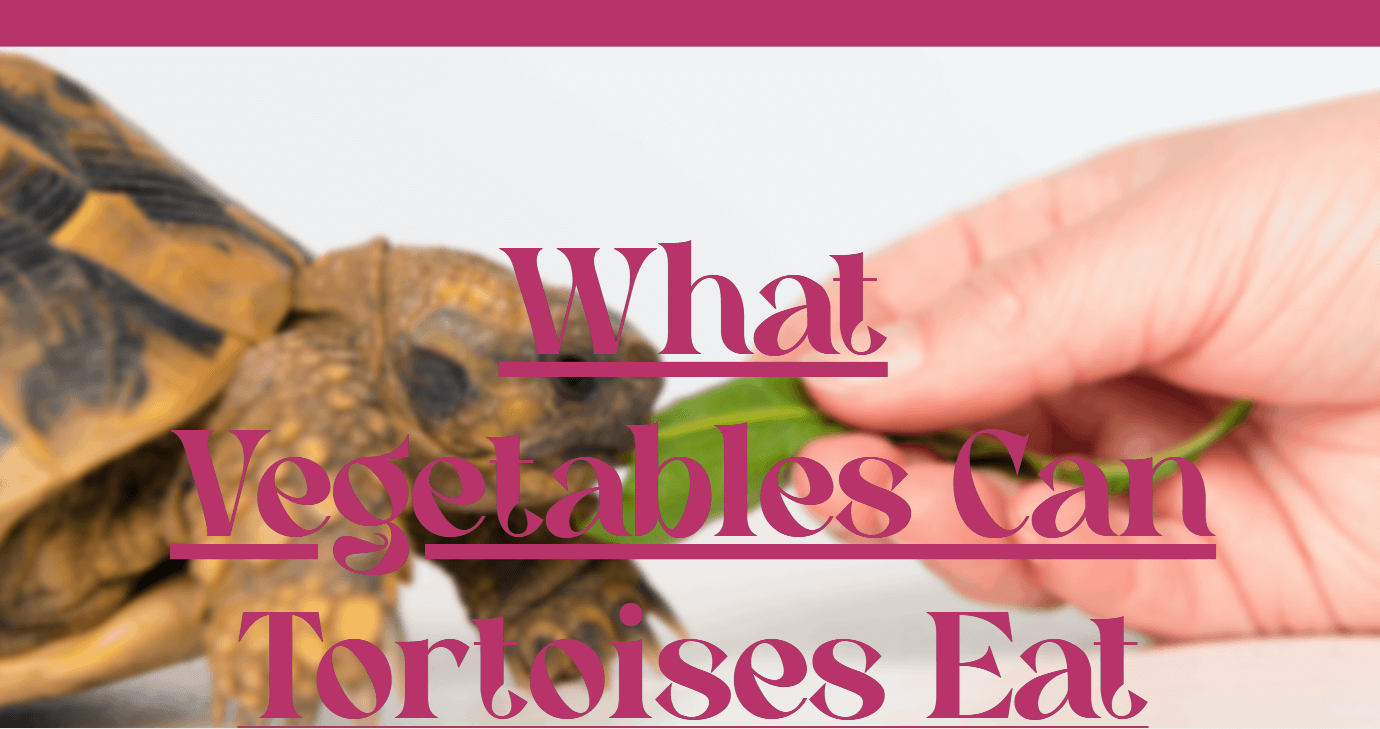These intriguing creatures have unique dietary needs, and it’s essential to understand what vegetables are safe and beneficial for them.
Their diet typically consists of a variety of leafy greens, vegetables, fruits, and some occasional flowers.

The Key to a Balanced Diet
Imagine your tortoise’s diet as a culinary masterpiece, a perfect blend of flavors and nutrients that nourish their slow-moving bodies. The key to achieving this harmony lies in providing a balanced diet that caters to their specific needs. Just like a skilled chef meticulously chooses ingredients to create a delectable dish, you, as a responsible tortoise owner, must curate a diverse selection of vegetables to ensure your companion’s well-being.
A balanced diet for your tortoise consists of a variety of vegetables, each offering a unique set of vitamins, minerals, and essential nutrients. Just like a painter uses different hues to create a vibrant masterpiece, introducing a range of vegetables ensures your tortoise receives a wide spectrum of health benefits. It’s like providing them with a nutritional rainbow!
Leafy greens form the foundation of this balanced diet, rich in fiber and vital nutrients like vitamin A and calcium, supporting healthy eyesight and strong bones. But don’t stop there; add some colorful vegetables like carrots and bell peppers, bursting with vitamin C and other essential compounds to boost your tortoise’s immune system.
While creating this symphony of flavors, remember the art of moderation. Too much of any particular vegetable can lead to health issues. Think of it as seasoning your dish just right – a pinch of this and a dash of that to maintain a perfect balance.
In conclusion, the key to a balanced diet for your tortoise lies in providing a diverse array of vegetables, like the brushstrokes of a talented artist that blend harmoniously to create a masterpiece. Embrace this artistry of food selection, and your tortoise will flourish, enjoying a healthy and fulfilling life.

Nutrient-Rich Leafy Greens
Just as a lush green forest nourishes the soul, leafy greens form the heart of a tortoise’s diet, providing them with a myriad of essential nutrients. These verdant wonders are not only delicious but also a powerhouse of vitamins and minerals, ensuring your tortoise stays in the pink of health.
Kale is the king of leafy greens, boasting an impressive amount of vitamin A, vitamin K, and calcium. Like a fortress protecting a kingdom, kale fortifies your tortoise’s eyesight and strengthens their bones, ensuring they have a solid foundation for their adventures.
Collard Greens bring their own unique offerings to the table. Abundant in vitamin C and folate, they become a stalwart companion, bolstering your tortoise’s immune system and promoting overall well-being.
Mustard Greens add a touch of zest to the mix, bringing in vitamin E and antioxidants to protect your tortoise from harm’s way. Just as a knight with a shiny armor defends against foes, mustard greens equip your tortoise with the tools to ward off free radicals and stay healthy.
Like a mesmerizing kaleidoscope of colors, leafy greens provide a rich tapestry of nutrients that support your tortoise’s growth and vitality. But remember, even the most enchanting forest has its dark corners. Some leafy greens, like spinach and Swiss chard, contain high levels of oxalates, which can hinder calcium absorption. So, it’s essential to research and choose the best leafy greens to include in your tortoise’s diet.
In conclusion, these nutrient-rich leafy greens are the emerald jewels in your tortoise’s gastronomic journey. Just as a well-tended garden thrives and blossoms, feeding your tortoise these greens will ensure they flourish with vibrant health and happiness. So, let your tortoise indulge in this green feast, and they will reward you with their delightful presence for years to come.



Colorful and Nutritious Vegetables
In the captivating world of vegetables, there’s a colorful palette of options waiting to be explored for your beloved tortoise. These vibrant delights not only add visual appeal to their meals but also bring a diverse range of nutrients to the table.
Carrots take center stage as the radiant stars of this vegetable ensemble. With their natural sweetness and abundance of beta-carotene, they are like tiny bursts of sunshine on your tortoise’s plate. Carrots contribute to healthy skin and a strong shell, essential for your tortoise’s overall well-being.
Bell Peppers join the performance, dressed in various hues – red, yellow, orange, and green. Much like a skilled team of musicians playing harmoniously, bell peppers provide a symphony of vitamin C, crucial for your tortoise’s immune system and overall health.
Squash graces the scene, offering a delightful medley of flavors. From zucchini to butternut squash, each variety brings its unique nutrients to support your tortoise’s vitality. With vitamin A and potassium in their repertoire, squash ensures your tortoise’s body stays in perfect tune.
While these colorful vegetables add a burst of excitement to your tortoise’s meals, remember to strike a balance. Moderation is key, just as an artist blends different colors to create a masterpiece. Too much of any particular vegetable might upset the delicate nutritional balance your tortoise needs.
In conclusion, these vibrant and nutritious vegetables are like dazzling fireworks, adding flair to your tortoise’s gastronomic experience. Just as a rainbow brightens up the sky, offering these colorful delights will keep your tortoise happy, healthy, and full of life. So, let your tortoise indulge in this kaleidoscope of flavors, and they will reward you with their slow but steady journey of joy and companionship.

Cruciferous Vegetables
Welcome to the world of cruciferous vegetables – a group of nutrient-rich powerhouses that bring their own unique flavors and health benefits to your tortoise’s plate. Like a gathering of superheroes, these vegetables possess special qualities that contribute to your tortoise’s well-being.
Broccoli takes the lead as the superhero with a superpower-packed punch. Bursting with vitamin C and dietary fiber, broccoli supports a healthy digestive system, ensuring your tortoise can process all their delicious meals efficiently.
Cauliflower joins the league, adding its own set of abilities to the mix. Much like a trusty sidekick, cauliflower offers similar nutrients to broccoli, providing variety and excitement to your tortoise’s culinary adventures.
While these cruciferous vegetables offer fantastic benefits, it’s essential to understand that every hero has their limits. Too much of these veggies may cause digestive issues for your tortoise. As with any superhero team, balance is crucial to maintain harmony and avoid unintended consequences.
So, just as a master strategist assembles a team of diverse superheroes to save the day, you, as a responsible tortoise owner, can create a well-rounded diet by incorporating various vegetables, including cruciferous ones. Remember, it’s not just about saving the world; it’s about ensuring your tortoise thrives and enjoys a long and fulfilling life.
In conclusion, these cruciferous vegetables are like the defenders of your tortoise’s health, each bringing their unique strengths to support a strong and resilient companion. So, let your tortoise savor these nutritious delights, and together, you can conquer the world of well-being, one meal at a time.
FAQs
1. Can tortoises eat tomatoes?
Tomatoes can be a part of a tortoise’s diet, but they should be given in moderation. Tomatoes contain solanine, which can be harmful in large quantities. Remove the seeds before offering them to your tortoise.
2. Are there any vegetables to avoid?
Yes, some vegetables are not suitable for tortoises and can be toxic. Avoid feeding them onions, garlic, rhubarb, and iceberg lettuce, as these can cause health problems.
3. How often should I feed vegetables to my tortoise?
The frequency of vegetable feeding depends on your tortoise’s age and species. Generally, adult tortoises can have vegetables every other day, while young ones may have them daily.
4. Can tortoises eat fruits as well?
Yes, tortoises can eat fruits, but they should be given in moderation. Fruits are higher in sugar content, so offer them as occasional treats rather than a significant part of their diet.
5. What about wild-caught plants? Can tortoises eat those?
Wild-caught plants can be risky, as some may be toxic or contaminated. Stick to safe and commercially-grown vegetables to ensure your tortoise’s safety and well-being.
